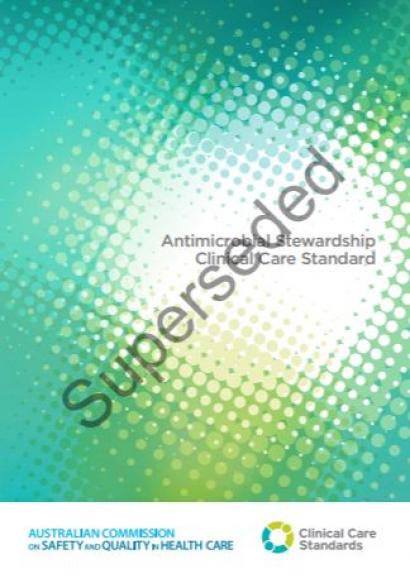This page sets out the terms and conditions of use for the CHBOI Toolkit
This National Standard describes best practice care for the prevention, recognition and management of third and fourth degree perineal tears.
Data for each of the items in the Atlas are displayed as graphs and maps to show variation in rates by geographic location of patient residence.
List of expert advisory groups for the Third Australian Atlas of Healthcare Variation, published in 2018.
Surgical antimicrobial prophylaxis is the use of antimicrobials to prevent infections that may occur as a result of a surgical procedure. This page provides information on the appropriateness of this prescribing.
The Mental Health Advisory Group was established in 2015 to provide advice, expertise and support to the Commission’s Mental Health Program.
The Commission has developed a range of tools and resources to help health service organisations deliver comprehensive care in alignment with the Comprehensive Care Standard.
To support a shared understanding of the Comprehensive Care Standard, the Commission has developed a conceptual model describing the key organisational requirements for supporting the delivery of comprehensive care in health services.
The majority of antimicrobial use in Australia occurs in the community, that is in general practice, community health services, aged care homes and other non-hospital settings.

